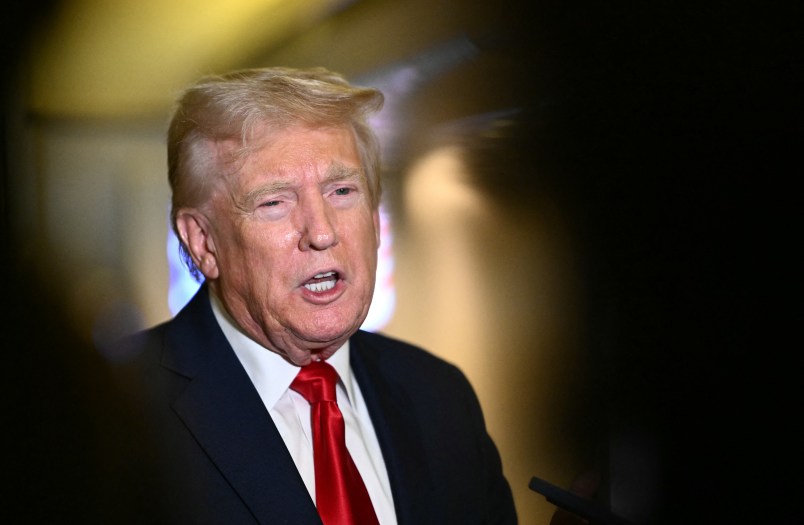Key takeaways:
- El Salvador’s President Nayib Bukele informed U.S. President Donald Trump that he would not comply with a U.S. Justice Department request to return Kilmar Abrego Garcia, a man mistakenly deported to El Salvador and imprisoned without charges.
- During their meeting, President Trump supported Bukele’s decision and criticized the media, while Bukele dismissed the idea of returning Garcia as “preposterous,” highlighting a shared stance on the matter.
- The situation underscores tensions between the U.S. executive and judicial branches, raising questions about the balance of power and implications for U.S.-El Salvador relations, as Garcia’s case remains unresolved.
In a recent meeting at the White House, El Salvador’s President Nayib Bukele informed U.S. President Donald Trump that he would not comply with a request from the U.S. Justice Department to return Kilmar Abrego Garcia, a man mistakenly deported to El Salvador. This development comes in the wake of a Supreme Court ruling that has set the stage for a potential conflict between the executive and judicial branches of the U.S. government. Garcia has been imprisoned in El Salvador since March 15, despite not facing any criminal charges in either country.
During the meeting, President Trump expressed his support for Bukele’s decision, suggesting that the media would prefer to see criminals released into the United States. Trump also encouraged Bukele to accept as many criminals as possible, highlighting a shared stance on the matter. The discussion took place in the Oval Office, where Bukele dismissed the idea of returning Garcia as “preposterous.”
The situation reflects a broader tension between the executive branch and the judiciary, as President Trump openly challenges the legitimacy of the district court handling Garcia’s case. Despite the potential for a significant constitutional confrontation, the atmosphere during the meeting was described as dreary and exasperating rather than dramatic. The lack of immediate resolution underscores the slow and complex nature of the dispute.
Garcia’s case remains unresolved, with no criminal charges filed against him in either the United States or El Salvador. The refusal to return him has raised questions about the balance of power between the branches of government and the implications for U.S.-El Salvador relations. As the situation develops, it remains to be seen how the involved parties will navigate the legal and diplomatic challenges ahead.



Be First to Comment